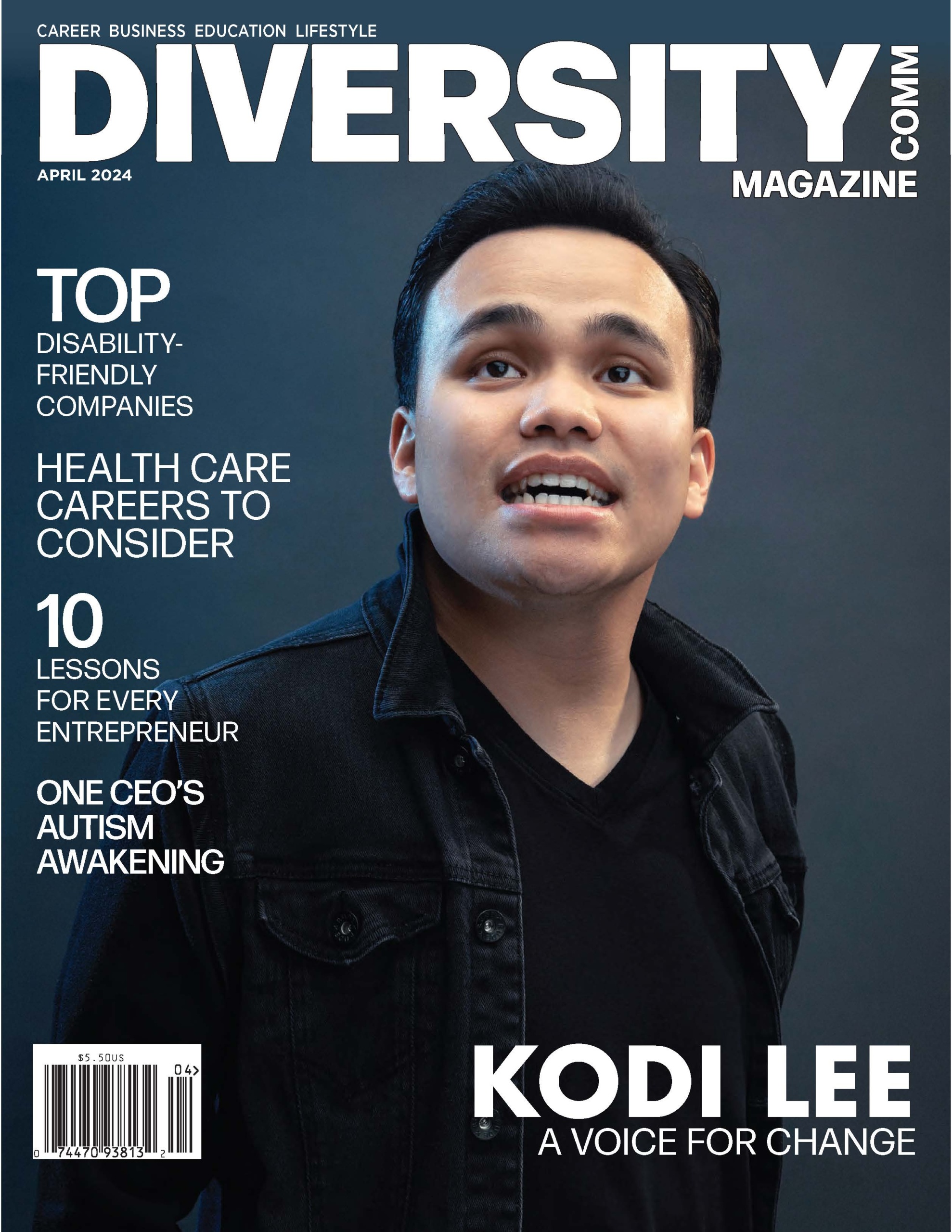Join the Diversity & Inclusion Movement with the DIVERSEability Community
Exclusive Insights, Resources, and Career Opportunities

Having trouble viewing our digital magazine?
In 2014, a law was passed that officially greenlit Achieving a Better Life Experience (ABLE) accounts—a tax-advantaged savings program for people…
By Sydney Severn After a rather dangerous year in the peaks and plummets of the tallest mountain on the planet, Deaf…
Explore Diverse Topics
In its desire to serve a larger segment of the disability community, Abilities Expo—the premiere event for people with disabilities, their…
With a subtle change, Google is making it more obvious to users whether businesses and other public places are accessible to…
Live Speech, Point and Speak and other software updates…
Watch Below: Explore Exciting Career Opportunities at Leidos
SUBSCRIBE TO THE DIGITAL NEWSLETTER
Tap into an array of opportunities and keep up with the latest news and events vital to the differently-abled community.



